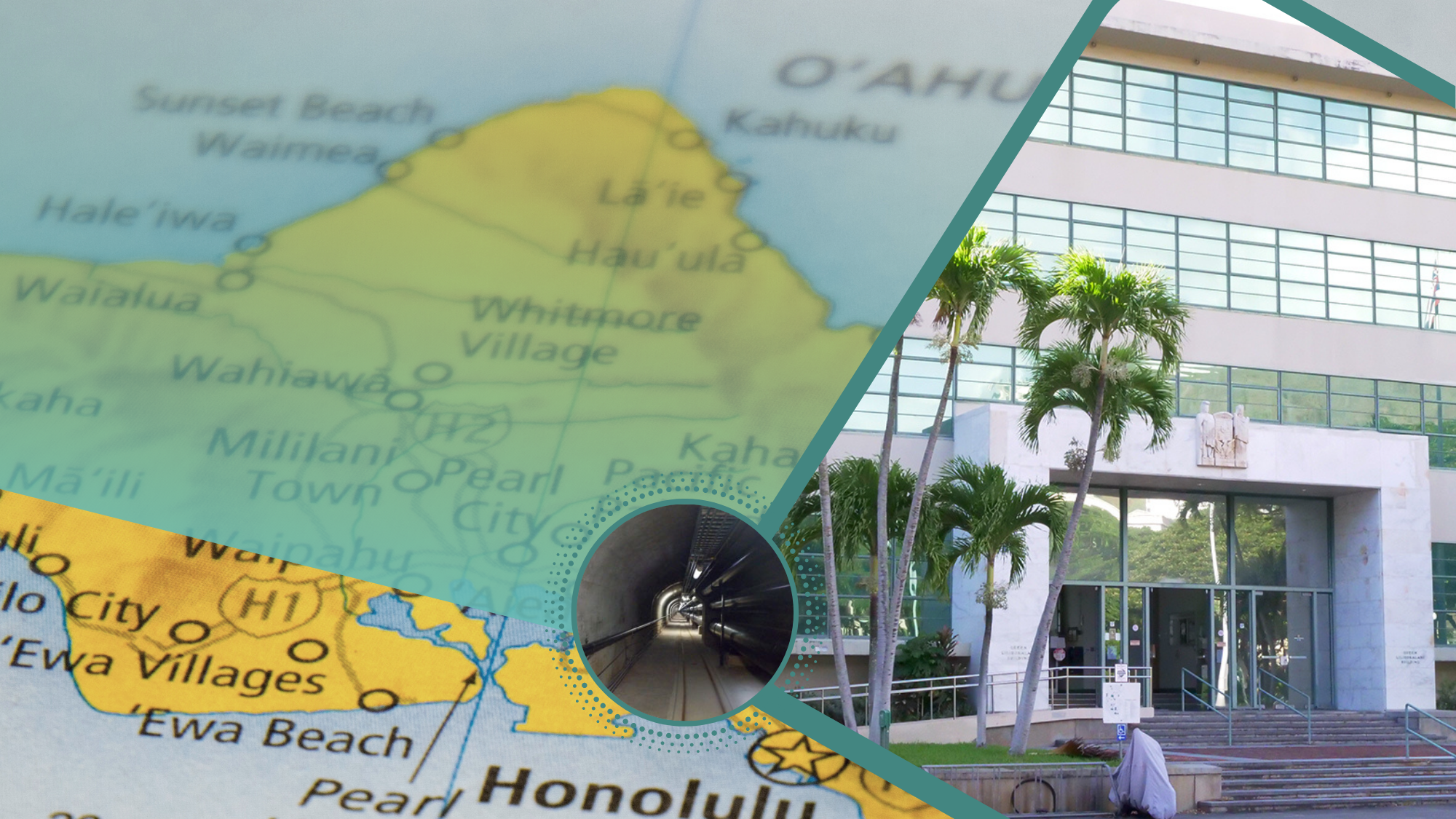Ongoing contamination troubles teachers, administrators
Posted: March 4, 2022
The Hawaii Board of Education voted to approve a stronger, more action-oriented resolution on the Red Hill water contamination at its general business meeting Thursday.
This comes after last month’s meeting when BOE Chair Catherine Payne’s original resolution was criticized for not including tougher language to end the crisis, as requested by HSTA and other education stakeholders.
The board unanimously passed a revised resolution that now includes tougher language saying it “strongly supports” the state’s emergency order to defuel the storage tanks, while calling for the Hawaii State Department of Education to be reimbursed for extra costs the HIDOE schools have incurred dealing with the crisis. The previous proposal merely urged “all parties to work together to find effective and expeditious solutions.”
In his written testimony, HSTA President Osa Tui, Jr. lauded the BOE’s amended resolution and said “Mahalo for the strengthened language in your proposed resolution regarding the Red Hill water contamination. Affected families and school staff and communities deserve all of us to express in unison and solidarity that what has happened is not right, must be rectified, and can never be a threat to our freshwater resources ever again.”
Teachers, principals detail their difficulties during the crisis
The water contamination crisis in Hawaii public schools is stretching into its fifth month, leaving staff members to pick up additional duties to ensure students and faculty have access to clean water on campus.
Logan Okita, Nimitz Elementary teacher and HSTA vice president, submitted written testimony for Thursday’s meeting and said that she “would like to express additional appreciation for our custodial staff who continue to go above and beyond to ensure that water stations in classrooms are filled so instruction is not interrupted to refill stations and deliver cases of drinking water to classrooms. They are doing this on top of their regular duties and the additional measures that the pandemic has added to their workloads.
“Despite all of these bright spots, this is not sustainable for the long term. Thank you for taking a stand to support the affected schools and our community. Please do not let this resolution be your last action on this crisis,” Okita added.
Komarey Moss, principal at Red Hill Elementary School, detailed that his school community had to stay strong throughout their journey, which started in November of last year.
“Many criticized our schools for staying open,” Moss said. “Our collective belief in dealing with a crisis within a crisis is to provide families with a safe and welcoming place for our students.
“We had a clean supply of water, free food, and a place to learn. We even provided families and staff members affected by the water crisis, the opportunity to launder clothing while their children were in school. Bags of laundry labeled with their last names and phone numbers were dropped off at the same time as their children for school. Upon picking up their children, laundry was also picked up. As a school in their community, it became very apparent that our role was to stay open, if not for anything else besides that sense of normalcy,” Moss added.
The Red Hill situation continues to be wrought with controversy.
The Hawaii Department of Health Thursday lifted its “do not drink” water advisory for three zones on the Navy’s water system, with a dozen more zones awaiting clearance. A day earlier, the Honolulu Star-Advertiser reported the DOH is at odds with the Navy, saying they are not in compliance with its Dec. 6 emergency order to use an independent contractor to assess the work needed to close down its Red Hill fuel tanks.
The HSTA Board of Directors in January voted unanimously to call on the U.S. Navy to close its Red Hill fuel tanks, Later that month, HSTA held a forum about Red Hill featuring speakers from the Board of Water Supply, Sierra Club, and teachers who spoke about the tanks’ negative impact on schools, staff, and students.
Board Chair Payne attended HSTA’s forum, saying the information she gathered would help the BOE “make some determinations of what we can do to support what’s already been stated by the governor, the Department of Health, and others in leadership in this community.”

